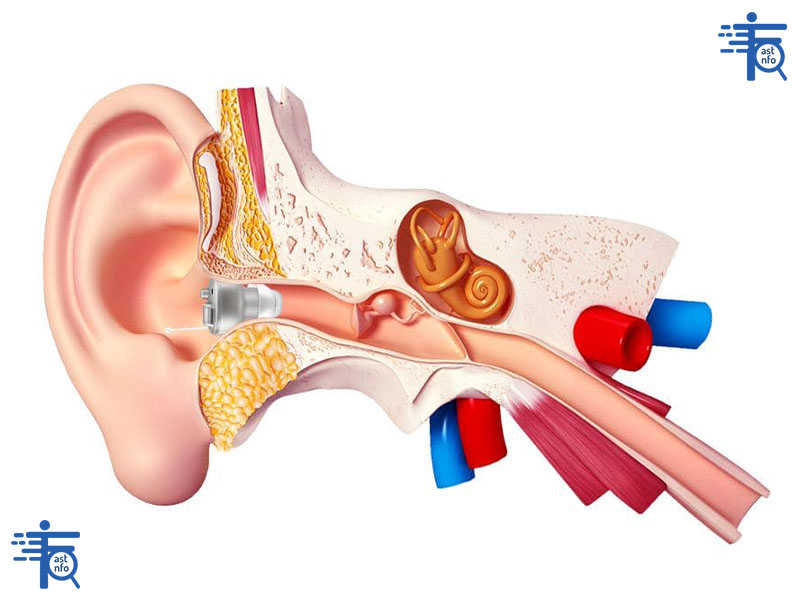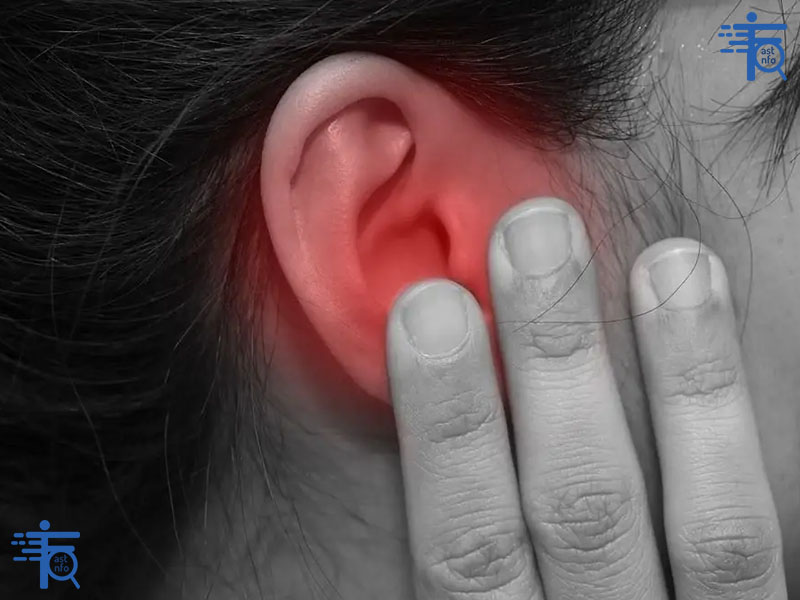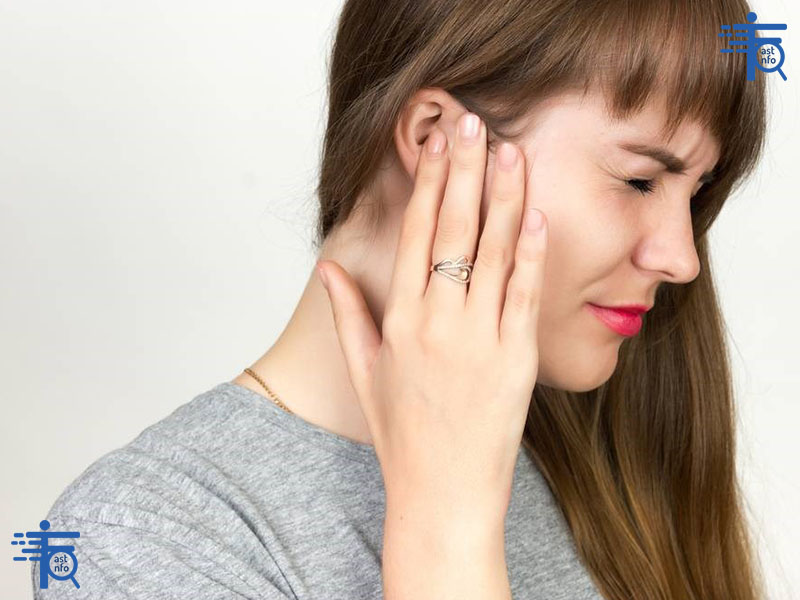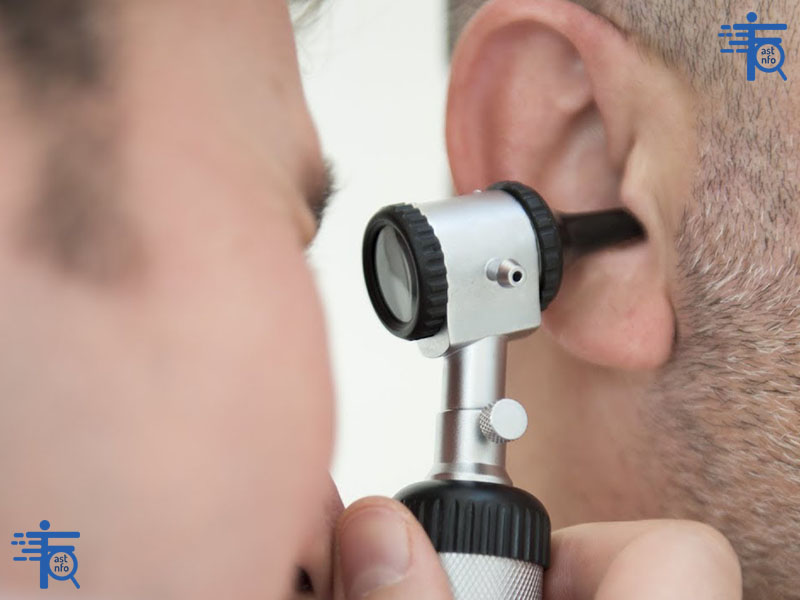How to Unclog Your Stuffy Ears
Clogged or stuffy ears can be uncomfortable and frustrating, often caused by factors like earwax buildup, sinus congestion, or changes in air pressure. Here’s a guide to help you unclog your ears safely and effectively:
1. Identify the Cause
Understanding the cause of your clogged ears can help you choose the right remedy:
- Earwax Buildup: Excess earwax can block the ear canal.
- Sinus Congestion: Allergies, colds, or sinus infections can cause Eustachian tube blockage.
- Pressure Changes: Flying, diving, or driving at high altitudes can affect ear pressure.
- Ear Infections: Fluid buildup from infections can cause clogging.
2. Home Remedies for Clogged Ears
For Earwax Buildup:
- Warm Olive Oil or Mineral Oil:
- Warm a small amount of oil (body temperature) and put 2–3 drops into the affected ear. Let it sit for 10 minutes, then tilt your head to drain.
- This softens earwax, making it easier to remove.
- Hydrogen Peroxide Solution:
- Mix equal parts hydrogen peroxide (3%) and water. Put a few drops in your ear, let it bubble for 5–10 minutes, then drain.
- Avoid this if you have an ear infection or a perforated eardrum.
- Earwax Removal Kits:
- Over-the-counter kits with ear drops or irrigation systems can help remove excess earwax.
For Sinus Congestion:
- Steam Inhalation:
- Boil water, pour it into a bowl, and inhale the steam with a towel over your head. Add a few drops of eucalyptus oil for extra relief.
- This helps open up the Eustachian tubes and relieve pressure.
- Nasal Decongestants:
- Use over-the-counter nasal sprays or oral decongestants to reduce sinus swelling and open the Eustachian tubes.
- Avoid prolonged use of nasal sprays to prevent rebound congestion.
- Saline Nasal Rinse:
- Use a neti pot or saline spray to flush out mucus and relieve sinus pressure.
For Pressure Changes:
- Valsalva Maneuver:
- Pinch your nose, close your mouth, and gently blow as if you’re blowing your nose. This helps equalize ear pressure.
- Be gentle to avoid damaging your eardrum.
- Toynbee Maneuver:
- Pinch your nose and swallow repeatedly. This can help open the Eustachian tubes.
- Chewing Gum or Yawning:
- Chewing gum or yawning during altitude changes (e.g., flying) can help equalize pressure.
3. When to See a Doctor
Consult a healthcare provider if:
- Home remedies don’t work after a few days.
- You experience severe pain, hearing loss, or dizziness.
- You suspect an ear infection or have fluid drainage from the ear.
- You have a history of ear problems or a perforated eardrum.
4. Prevention Tips
- Avoid Cotton Swabs: Inserting objects into your ear can push wax deeper and cause blockages.
- Stay Hydrated: Drinking water helps thin mucus and prevent sinus congestion.
- Manage Allergies: Use antihistamines or allergy medications to prevent sinus-related ear clogging.
- Equalize Pressure: During flights or altitude changes, chew gum, swallow, or use the Valsalva maneuver.

Ways to treat clogged ears
Clogged ears can be caused by various factors, including earwax buildup, sinus congestion, pressure changes, or ear infections. Here are some effective ways to treat clogged ears, depending on the cause:
1. For Earwax Buildup
Earwax blockage is a common cause of clogged ears. Here’s how to address it:
Home Remedies:
- Warm Olive Oil or Mineral Oil:
- Warm a small amount of oil (to body temperature) and put 2–3 drops into the affected ear. Let it sit for 10 minutes, then tilt your head to drain.
- This softens earwax, making it easier to remove.
- Hydrogen Peroxide Solution:
- Mix equal parts hydrogen peroxide (3%) and water. Put a few drops in your ear, let it bubble for 5–10 minutes, then drain.
- Avoid this if you have an ear infection or a perforated eardrum.
- Over-the-Counter Ear Drops:
- Use earwax removal drops (e.g., Debrox) to dissolve earwax.
Medical Treatments:
- Ear Irrigation: A healthcare provider can flush out earwax using a syringe and warm water.
- Manual Removal: A doctor may use special tools to remove earwax safely.
2. For Sinus Congestion
Sinus-related clogged ears are often caused by allergies, colds, or infections. Here’s how to relieve them:
Home Remedies:
- Steam Inhalation:
- Boil water, pour it into a bowl, and inhale the steam with a towel over your head. Add a few drops of eucalyptus oil for extra relief.
- This helps open up the Eustachian tubes and relieve pressure.
- Nasal Decongestants:
- Use over-the-counter nasal sprays (e.g., oxymetazoline) or oral decongestants (e.g., pseudoephedrine) to reduce sinus swelling.
- Avoid prolonged use of nasal sprays to prevent rebound congestion.
- Saline Nasal Rinse:
- Use a neti pot or saline spray to flush out mucus and relieve sinus pressure.
Medical Treatments:
- Antihistamines: For allergy-related congestion.
- Prescription Medications: If sinusitis or an infection is present, your doctor may prescribe antibiotics or steroids.
3. For Pressure Changes
Pressure-related clogged ears often occur during flights, diving, or driving at high altitudes. Here’s how to equalize ear pressure:
Home Remedies:
- Valsalva Maneuver:
- Pinch your nose, close your mouth, and gently blow as if you’re blowing your nose. This helps equalize ear pressure.
- Be gentle to avoid damaging your eardrum.
- Toynbee Maneuver:
- Pinch your nose and swallow repeatedly. This can help open the Eustachian tubes.
- Chewing Gum or Yawning:
- Chewing gum or yawning during altitude changes (e.g., flying) can help equalize pressure.
4. For Ear Infections
Ear infections can cause fluid buildup and clogged ears. Here’s how to address them:
Home Remedies:
- Warm Compress:
- Apply a warm, damp cloth to the affected ear to relieve pain and promote drainage.
- Over-the-Counter Pain Relievers:
- Use ibuprofen or acetaminophen to reduce pain and inflammation.
Medical Treatments:
- Antibiotics: If the infection is bacterial, your doctor may prescribe antibiotics.
- Ear Drops: Prescription ear drops may be needed for severe infections.
5. General Tips for Relief
- Stay Hydrated: Drinking water helps thin mucus and prevent sinus congestion.
- Avoid Cotton Swabs: Inserting objects into your ear can push wax deeper and cause blockages.
- Manage Allergies: Use antihistamines or allergy medications to prevent sinus-related ear clogging.
When to See a Doctor
Consult a healthcare provider if:
- Home remedies don’t work after a few days.
- You experience severe pain, hearing loss, or dizziness.
- You suspect an ear infection or have fluid drainage from the ear.
- You have a history of ear problems or a perforated eardrum.

Tips for a clogged middle ear
A clogged middle ear, often due to Eustachian tube dysfunction, fluid buildup, or congestion from colds, allergies, or sinus infections, can be uncomfortable. Here are some tips to help relieve the clogged sensation:
1. Yawning or Swallowing
- Yawning or swallowing can help open the Eustachian tubes and equalize pressure in the middle ear.
- Chewing gum or sucking on candy can encourage swallowing.
2. Valsalva Maneuver
- Gently pinch your nose, close your mouth, and blow air gently as if you’re blowing your nose. This can help open the Eustachian tubes.
- Be cautious not to blow too hard, as it can cause ear damage.
3. Toynbee Maneuver
- Pinch your nose and swallow at the same time. This can also help regulate ear pressure.
4. Warm Compress
- Apply a warm, damp cloth to the affected ear for 5–10 minutes. The warmth can help reduce congestion and promote fluid drainage.
5. Steam Inhalation
- Inhale steam from a bowl of hot water or take a hot shower. The steam can help loosen mucus and relieve congestion in the Eustachian tubes.
6. Nasal Decongestants
- Over-the-counter nasal sprays or oral decongestants can help reduce nasal and ear congestion. Use as directed and avoid prolonged use of nasal sprays.
7. Antihistamines
- If allergies are causing the clogged ear, antihistamines may help reduce symptoms.
8. Stay Hydrated
- Drinking plenty of fluids can thin mucus and promote drainage.
9. Avoid Irritants
- Avoid smoking or exposure to secondhand smoke, as it can worsen congestion.
10. Ear Drops
- Over-the-counter ear drops may help if the clogged sensation is due to earwax buildup. Avoid using them if you suspect an ear infection or a perforated eardrum.
11. Sleep Upright
- Prop yourself up with pillows while sleeping to encourage drainage and reduce pressure in the middle ear.
12. Avoid Rapid Pressure Changes
- Avoid activities like flying or scuba diving until the clogged ear resolves, as pressure changes can worsen symptoms.

Tips for a clogged outer ear
A clogged outer ear is often caused by earwax buildup, debris, or water trapped in the ear canal. Here are some tips to help relieve the clogged sensation safely:
1. Earwax Softening Drops
- Use over-the-counter ear drops designed to soften earwax (e.g., carbamide peroxide or hydrogen peroxide-based drops).
- Follow the instructions on the packaging, and avoid using if you suspect an ear infection or a perforated eardrum.
2. Warm Olive Oil or Mineral Oil
- Warm a small amount of olive oil or mineral oil (body temperature) and place 2–3 drops in the affected ear.
- Let it sit for 5–10 minutes, then tilt your head to let it drain out. This can help soften earwax.
3. Warm Compress
- Apply a warm, damp cloth to the outer ear for 5–10 minutes. The warmth can help loosen earwax or relieve discomfort.
4. Rinse with Warm Water
- Use a rubber-bulb syringe to gently flush the ear with warm water after softening the earwax with drops or oil.
- Tilt your head to let the water drain out. Avoid this method if you have a history of ear infections or a perforated eardrum.
5. Avoid Cotton Swabs
- Do not use cotton swabs, bobby pins, or other objects to clean the ear canal, as they can push earwax deeper and cause blockages or damage.
6. Dry the Ear After Water Exposure
- If water is trapped in the ear, tilt your head to the side and gently pull on the earlobe to help it drain.
- Use a hairdryer on the lowest setting, held at least 12 inches away, to dry the ear canal.
7. Over-the-Counter Ear Drops for Swimmer’s Ear
- If the clogged sensation is due to water trapped in the ear, use alcohol-based ear drops (e.g., swimmer’s ear drops) to help evaporate the water.
8. Avoid Irritants
- Keep hair products, soaps, and other irritants out of the ear canal to prevent inflammation or blockages.
9. Seek Professional Help
- If home remedies don’t work or if you experience pain, hearing loss, or discharge, consult a healthcare provider or an ENT (ear, nose, and throat specialist).
- A doctor can safely remove earwax or debris using specialized tools like suction or irrigation.

fastinfosearch site provides the best information
Suggested content:





No comment